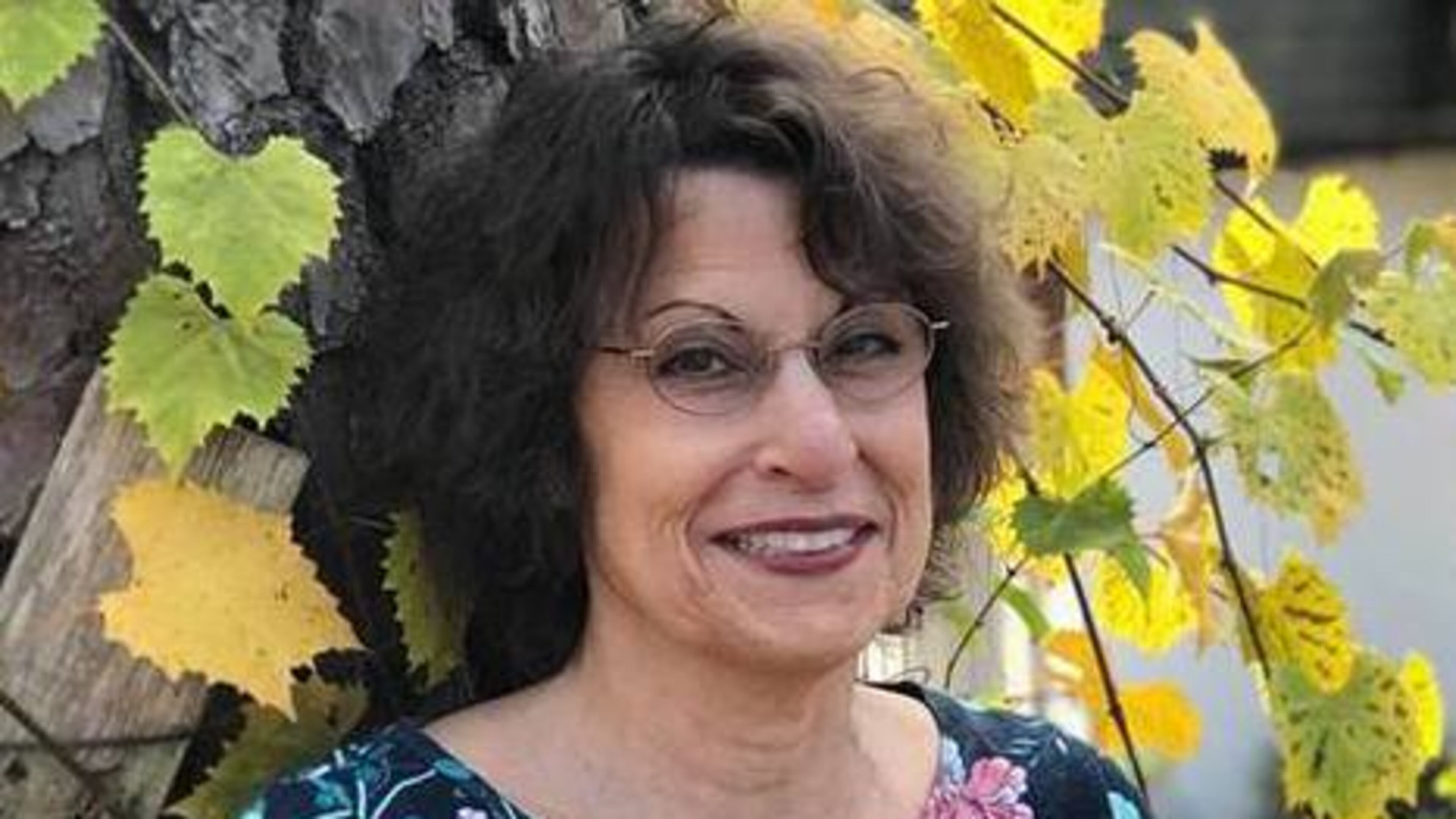Endless reasons to avoid committing suicide

I was nervous about seeing him, fearing I might say the wrong thing, but then I walked into the room filled with people, and went up to him and hugged him.
He started crying and sobbing and said, “I love you so much.”
This was my relative, whose heart has been shattered by the recent death of his son, who was only 23.
The tragic news was at first presented as a horrific hit-and-run accident, which had occurred in the early morning hours, while the young man was taking a walk near a busy highway.
He was evidently hit by so many vehicles that his remains were unidentifiable, until his father provided a DNA sample to the police.
Later, I realized that he’d suffered from a deep depression — and had intentionally stepped into traffic.
A Netflix show “13 Reasons Why” is about a teenage girl who commits suicide, leaving recorded tapes that implicate others in her death.
It is sickening that such a show exists, since many young people struggle with depression and suicidal thoughts — and certainly don’t need popular media urging them to take action.
In the United States, suicide is the second leading cause of death for ages 15-24, but sadly, there isn’t a show exploring the endless list of reasons to avoid this horrific act.
One of the strongest reasons is the devastating effects on the family. The lives of the mother, father, siblings and grandparents will never be the same, as they struggle until their final day on earth with the question, “What could I have done to prevent this?”
Parents especially are tormented by regrets and guilt, and will scrutinize the memory of every conversation, every facial expression, every frown of their beloved child.
My relative has already started doubting his fathering skills and has been wishing he’d spent more time with his son.
At the memorial service, the older brother broke into tears, saying he’d always protected his sibling, and found it unbearable to realize his brother had died alone and in such a painful way.
The younger sister couldn’t speak because she was sobbing, but in a Facebook post she mourned the loss of a brother she called Bubba.
Second, what seems like an impossible situation can be solved — which I know firsthand, since I attempted suicide in college after my boyfriend started dating someone else.
Drunk and in a rage, I upended a bottle of tranquilizers — and that would’ve been the end of the story, but a housemate heard me crying and took me to the hospital.
After that, I sought counseling to help me with self-esteem issues, and took medication for depression. Before long, I concluded the world was much larger than this flawed relationship.
Finally, it helps to realize God has a plan for us, but sometimes we can’t see it, especially through the fog of depression.
In college, I didn’t believe in God, but now that I do, I cling to the biblical promise, “For I know the plans I have for you, says the Lord, plans to prosper you and not to harm you, plans to give you hope and a future.”
In this life, we really do “see through a glass darkly,” and sometimes the road ahead looks endlessly bleak, but God always walks with us.
At the service, the young man was praised for being kind, gentle and compassionate. He was intelligent and healthy and had a promising future, but there was a painful darkness within him that blotted out the light.
Only God knows what was in his heart when he stepped into the onrushing traffic. I trust in the Lord’s abundant mercy for him and fervently pray that the family’s broken hearts will one day heal.
Lorraine writes about her turbulent college years in “Confessions of an Ex-Feminist.” Her email address is lorrainevmurray@yahoo.com

